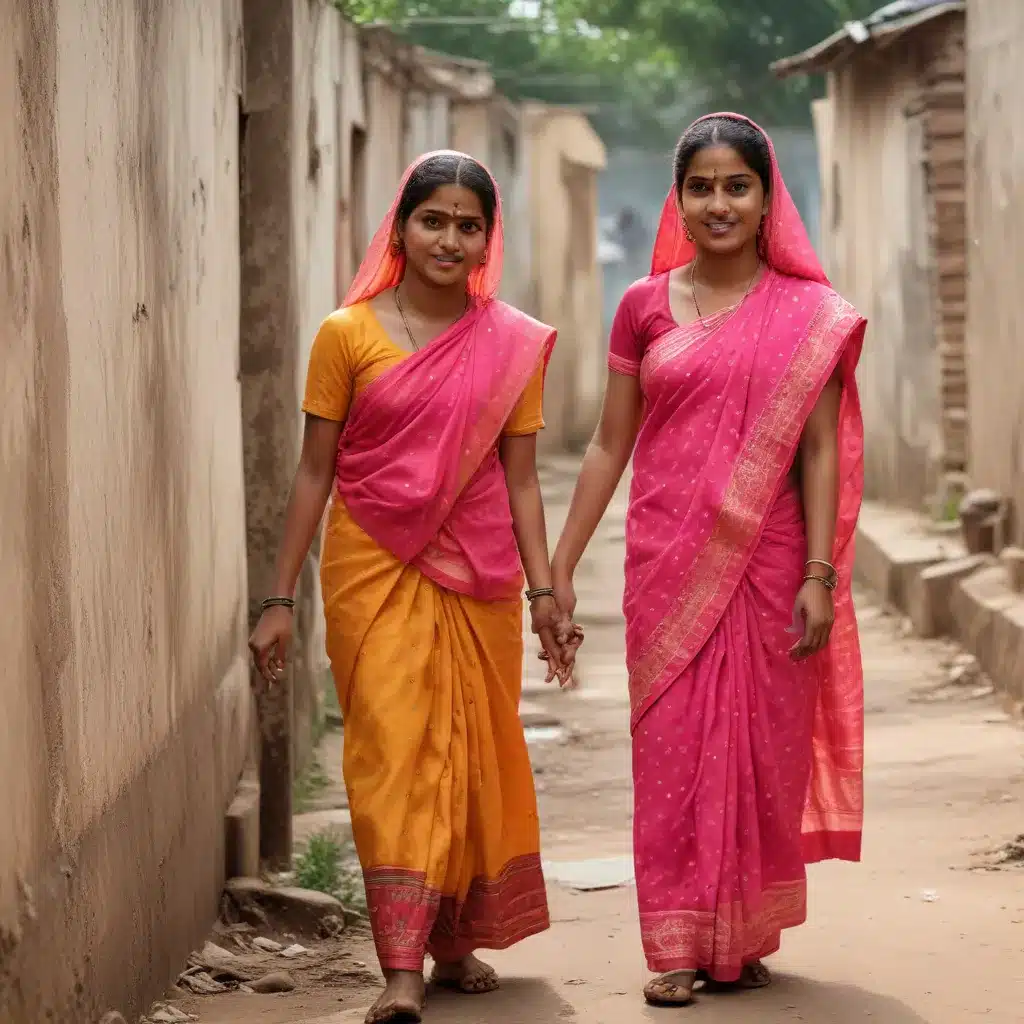
Understanding the Socio-Cultural Barriers to Menstrual Health in Pakistan
In Pakistan, discussions around menstruation are often shrouded in cultural taboos and stigma. Many individuals, particularly in conservative communities, avoid openly discussing this natural biological process. This lack of open dialogue leads to widespread misinformation, inadequate knowledge, and limited access to menstrual health resources for adolescent girls and women.
The literature reveals that the majority of girls in Pakistan first learn about menstruation from their mothers or close female relatives, who themselves may have limited or inaccurate understanding of menstrual hygiene. Common misconceptions include beliefs that bathing during menstruation is harmful, that menstruating girls should avoid religious activities, and that consuming certain foods can worsen period symptoms. These deeply entrenched cultural norms contribute to a climate of silence and shame surrounding menstruation.
“In countries like Pakistan, where impositions on any sort of dialogue are strongly influenced by religious and traditional practices, public dialogues focusing on sexuality education are considered extremely taboo and invite great criticism and outrage from the public.” – (Shaikh and Ochani, 2021)
This prevailing social stigma not only affects girls’ and women’s physical health, but also has significant psychological consequences. Many menstruating students report feeling uncomfortable, anxious, and reluctant to discuss their experiences, leading to increased absenteeism from school. Tragically, some even resort to missing classes entirely during their monthly cycles due to the lack of adequate sanitation facilities and social support.
Gaps in Menstrual Health Education and WASH Infrastructure
The education system in Pakistan has largely failed to address the pressing needs of menstruating students. The National Curriculum Framework and Educational Policy make no mention of sexual health or menstrual hygiene management (MHM) topics. Tragically, many girls remain unaware of the biological changes occurring in their bodies until they reach menarche.
This lack of formal education is compounded by the dire state of water, sanitation, and hygiene (WASH) infrastructure in public schools across the Sindh province, where Hyderabad is located. A recent survey found that the majority of girls’ high schools lack adequate MHM facilities, such as private changing rooms, disposal mechanisms, and access to sanitary products.
“In majority of girls high schools there is inadequate or no provision of Menstrual Hygiene Management (MHM); … and a number of 4,022 schools will require MHM facility and services for students and teachers, to be completed by June 2010.” – (UNICEF Sindh WASH in Schools Strategic Plan, 2017-2022)
Although the government-led WASH in Schools (WinS) program aims to address these gaps, its implementation has been slow and uneven. Many schools, particularly in rural and low-income urban areas, continue to lack the basic resources needed to support menstruating students, such as clean and functional toilets, running water, and private spaces for changing.
Driving Change through Community-based Advocacy
To ensure that the unique WASH needs of adolescent girls and women in Hyderabad’s slum communities are adequately addressed, a multi-pronged approach is required. This must involve close collaboration between government authorities, non-profit organizations, educators, and community members.
Empowering Girls through Menstrual Health Education
Integrating comprehensive menstrual health education into school curricula is a crucial first step. This should cover topics such as the biology of menstruation, proper hygiene practices, pain management, and destigmatizing societal attitudes. By equipping girls with accurate knowledge and the confidence to manage their periods, we can help break the cycle of shame and misinformation.
Improving WASH Infrastructure in Schools
Alongside educational efforts, the government must prioritize upgrading WASH facilities in public schools to meet the specific needs of menstruating students. This includes constructing private, well-maintained toilets with running water, providing access to affordable sanitary products, and ensuring proper disposal mechanisms. The WASH in Schools program must accelerate its implementation, with a focus on underserved communities.
Engaging with Parents and Community Leaders
To address the deeply ingrained cultural taboos surrounding menstruation, advocacy efforts must also target parents, religious leaders, and other influential community members. By fostering open dialogues and dispelling harmful myths, we can empower families to provide better support and understanding for girls during their monthly cycles.
Collaborating with Non-profit Organizations
Non-profit organizations, such as WaterAid Pakistan and the Centre for Communication and Community Development (CCCD), have played a crucial role in piloting innovative MHM programs in schools and communities. Their expertise and community-based approach can help guide government efforts and ensure the unique needs of marginalized groups are addressed.
Strengthening Policies and Accountability Mechanisms
At the policy level, the government must develop comprehensive guidelines and implementation plans for menstrual health management in educational institutions. These should include clear procedures for handling sudden cases of menarche, as well as mechanisms for monitoring and evaluating the availability and quality of MHM facilities.
By adopting a holistic, community-driven approach, the unique WASH needs of adolescent girls and women in Hyderabad’s slum communities can be effectively addressed. Through improved education, infrastructure, and social acceptance, we can empower the next generation of Pakistani women to manage their menstrual health with dignity and confidence.
Conclusion
Addressing the menstrual health needs of adolescent girls and women in Hyderabad’s slum communities requires a multifaceted approach that tackles both the socio-cultural barriers and the systemic gaps in WASH infrastructure and education. By empowering girls through comprehensive menstrual health education, improving school-based WASH facilities, engaging with parents and community leaders, and strengthening policy frameworks, we can work towards a future where menstruation is no longer a source of shame and discomfort, but a natural and celebrated part of the human experience.
The Joint Action for Water initiative is committed to supporting community-driven efforts that address the unique WASH needs of marginalized populations, including menstruating girls and women. Through collaborative partnerships and evidence-based advocacy, we can drive meaningful and sustainable change, ensuring that every individual in Hyderabad’s slum communities has access to the resources and support they need to manage their menstrual health with dignity.

